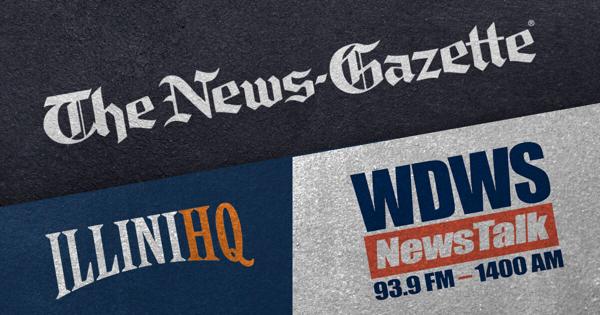Invasion of privacy continues unbounded.
Then again, anyone connected to the internet should know that.
As the common saying goes: “If the product or service is free, then you are the product.”
A reader asked my opinion of Windows 11. Windows 11 arrived in 2021; six years after Microsoft indicated that Windows 10 would be the final version of its Windows operating system.
Instead of charging $150-$200 to buy the Windows operating system, Microsoft offered free upgrades from earlier versions of Windows to Windows 10 and now from Windows 10 to Windows 11.
The latter comes with an asterisk requiring your PC to meet certain technical and security requirements.
Most PCs newer than five years meet the requirements, or might meet them with a few tweaks.
So what’s wrong with free?
Until Windows 11, you could log on to your PC privately and anonymously with a “local account,” meaning the one on your PC.
Starting with Windows 11, Microsoft requires logging on through a Microsoft account via the internet.
Apple has required this for years.
At first, Microsoft made an exception for users of Windows 11 Pro, the premium version.
Recently, Microsoft announced that soon, Windows 11 Pro also would require logging on through a Microsoft account.
Thus, there is no such thing as a “free” upgrade, since you’re agreeing to let Microsoft spy on you. To be clear, this is pretty common.
Nearly all free online services, such as Google and Facebook, know everything about you.
You can cloak your online browsing by using the Duck Duck Go search engine, but that won’t shield you when you partake of other Google services.
If you want a more private operating system, consider Linux, but it lacks compatibility with many popular software packages.
Returning to the reader’s question about Windows 11, it’s a gussied up version of Windows 10.
It uses the same core code.
It looks prettier on screen, offers more robust security and is slightly faster than Windows 10.
Microsoft made some cosmetic changes with the task bar, start menu and desktop.
Most of those can be reverted to the Windows 10 layout either through settings or via free third part applications (apps).
Microsoft promises to support Windows 10 for another three years, so unless you’re buying a new PC, there’s no urgency to migrate to Windows 11.
Conversely, there’s no detriment other than the requirement to log on through a Microsoft account.
By coincidence, Windows 12 probably will arrive sometime around early 2026.
Another reader question concerns cellphone interference with broadcast and cable TV.
According to the U.S. government’s National Institute of Standards and Technology (NIST): “When your cellphone talks to your cable TV connection, the conversation can get ugly. In certain conditions, broadband 4G/LTE signals can cause significant interference with telecommunications equipment, resulting in problems ranging from occasional pixelated images to complete loss of connection to the service provider.”
This is not confined to cable TV.
During the past few years, the FCC reassigned most TV channels, packing them closer together to provide more room for cellular communications, that is, your cellphone.
There used to be ample empty space between broadcast TV channels and cell signals.
Now they are intimate neighbors.
The FCC also reduced TV broadcast power in some cases.
Further, in moving TV channels lower on the broadcast spectrum, it changed their propagation characteristics, which simply means it might change the quality of your reception.
If you think LTE/5G cellular may be interfering with your TV reception, a small in-line antenna filter may solve the problem.
These filters range from a cheap Chinese import on Amazon for $10 to a Channel Master version for $25.
Some of the newer TV antennas build in the LTE filter.
As Jason Coder of NIST remarked: “Clearly, much more understanding is needed before the emerging Internet of Everything becomes ‘the interference of everything.’”








Gloss